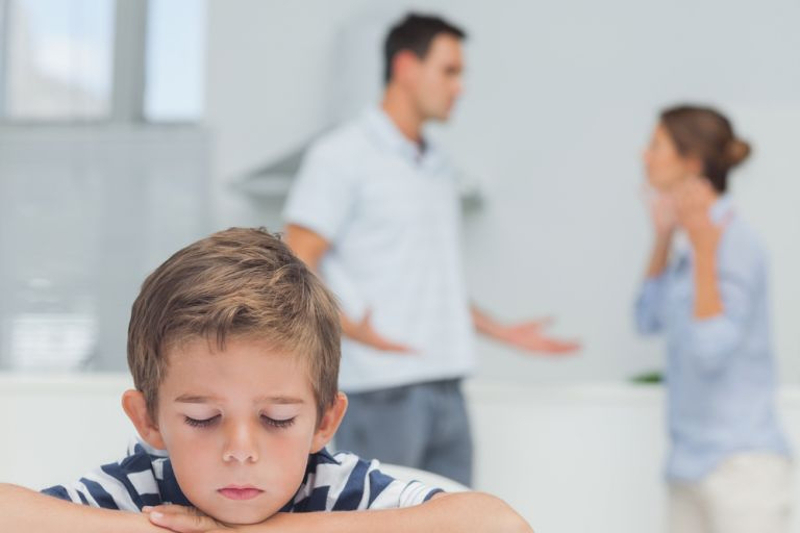NEW YORK, May 6 — Parents’ anxiety easily transmits to children without genetics playing any part whatsoever. This according to the results of a study carried out on twins by researchers from various universities in the United States, Great Britain and Sweden.
The transmission of anxiety from parents to children is well documented scientifically, but its underlying mechanisms much less so.
To better understand the respective roles of genetics and other factors (cultural, living conditions, children’s exposure to parents’ stress), a team of researchers from various universities in the United States, Great Britain and Sweden studied types of anxiety using twins as their base. In observing the identical twins, the study was designed to find out whether genetics or environment was more important in the transmission of anxiety.
Their work took into account the data from 387 identical (monozygotic) twin families and 489 non-identical (dizygotic) twin families. Each of the families selected from the Swedish cohort “Twin and Offspring Study of Sweden” comprised a twin pair where both twins were parents, each twin’s spouse, and one of each of their adolescent children. These types of studies, known as a “children of twins” study, hope to avoid the potential influence that family genetics could have on the study.
The team studied the data regarding anxiety levels that the families self-reported regarding the previous six months using a 20-point personality scale and rating questions such as “I often feel uncertain when I meet people I don’t know very well” from not at all true (0) to very true (3). The researchers used computer modelling of the relationships between individuals and their traits to estimate the contribution of genetic and non-genetic factors.
Their conclusions, published in the April issue of The American Journal of Psychiatry, reveal that there is in fact a link between the neuroticism and anxiety of parents and similar issues found in their children at adolescence. But according to the researchers, genetic factors don’t play a part in this.
According to the results of this study, anxiety could be transmitted via the immediate environment, meaning the behaviour of the parents. It indicates that there is proof, statistically relevant though modest, of non-genetic transmission of anxiety, and, in some cases, neuroticism.
The researchers found that parental anxiety causes children to be more anxious, while anxiety in the offspring affects the parenting they receive, thus creating a negative feedback loop. “A plausible hypothesis on the cycle of anxiety and its development in the heart of the family,” concludes the study.
According to journal editor Dr Robert Freedman, “Parents who are anxious can now be counselled and educated on ways to minimise the impact of their anxiety on the child’s development.” — AFP-Relaxnews






















